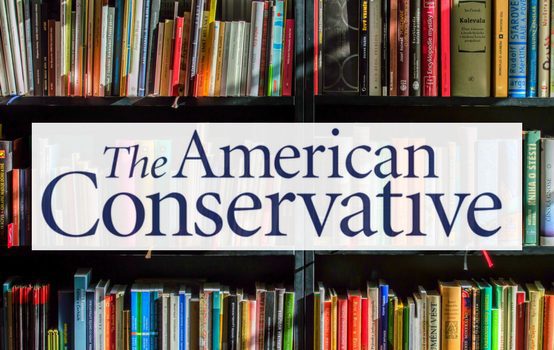TAC Bookshelf: The 20th Century’s Best Autodidact

Scott Beauchamp, TAC contributor: The strength of the autodidact is the same as any outsider, only amplified by passion: critical perspective. What the self-educated man lacks in polish, convention, and even occasionally coherence, he can more than make up for with a sort of vibrant particularity. Surely in 20th-century American letters, there was no autodidact as vibrant, unique, or essential as Kenneth Rexroth.
Born in Chicago around the turn of last century, Rexroth participated in a long American tradition of letting the universe become his university. His professors were prostitutes, radicals, and bohemians. He took to the road long before Jack Kerouac (though, it must be said, after Jack London) and eventually earned himself the moniker “grandfather of the Beats,” which he had mixed feelings about. And he read as widely and as deeply as he traveled, eventually making himself an expert in antiquarian Chinese and Japanese poetry. His own poetry wasn’t too shabby either.
Rexroth’s critical essays, however, are even more valuable to me. I recently had the opportunity to re-read his wonderful collection of very short essays on world literature, Classics Revisited. In the book, originally published in 1965, Rexroth gives idiosyncratic thumbnail sketches of what he considers the best of human literary output, ranging from Gilgamesh to Checkhov. And even if you occasionally disagree with his assessment (I think he gives Machiavelli too much credit for having good horse sense. For an argument of why the author of The Prince might not be the realist you think he is, read James Hankins’ Virtue Politics), he’s always a delight to sit down with. His passion for literature, for the ordered expression of human thought and experience, is seductive. Take this paragraph on The Tempest, for instance:
The final resolution of all the plots drives home the point. Neither history nor nature is moral or even capable of positive value. The Renaissance dream of the moral control of nature cannot be realized. Matter rebels and energy escapes. The dreams of utopia are interrupted by clowns who have used matter as an engine of destruction; and when they are overcome, only love and the forgiveness of evil rise above the passing farce of the lives of men.
With Rexroth, you enjoy the depth of his passion for literature prior to dissecting his arguments. And maybe this is the ultimate lesson of the autodidact, that being in a nearly erotic love with your subject, as gauche as it might be to the professional, is quite often more nourishing to the human spirit than a cold and detached eye.
Comments